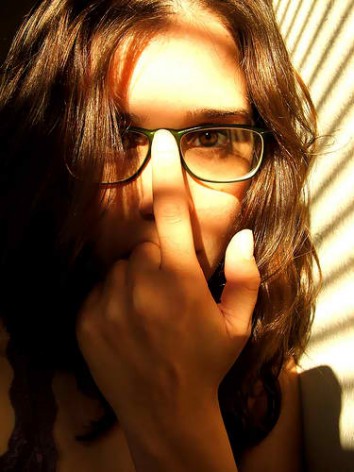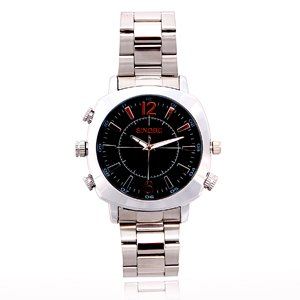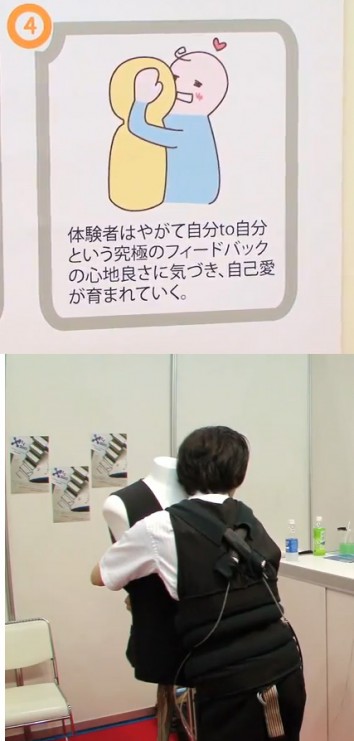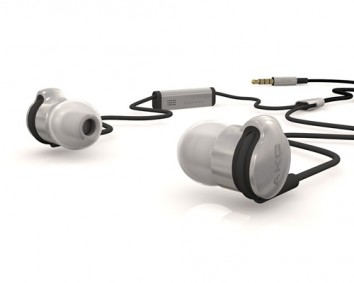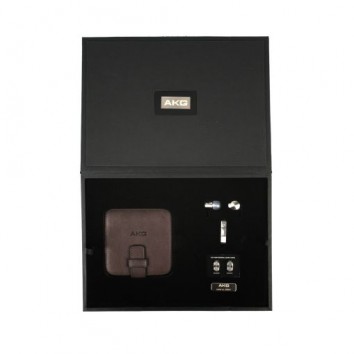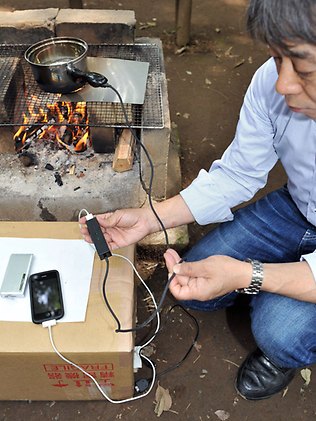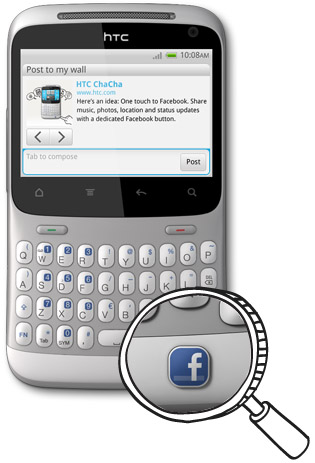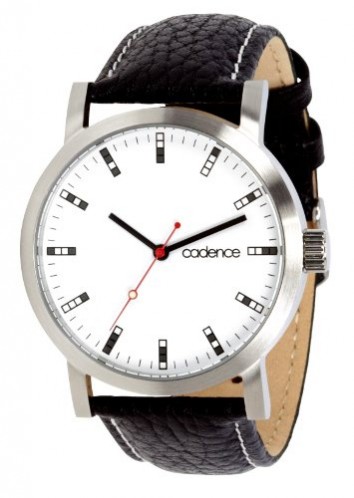So you have problems interacting with people face to face. You are not alone. There are countless people out there who seem to have issues conversing with others. Whether it is because they are shy or it is because they seem to say the wrong things (and not even realize it), it can be a painful thing to see other people turn away from you.
If you have always had the problem of NOT being a good conversationalist, have you ever stopped to think that it could be due to the fact that you are not skilled at reading what other people think or how they react to what you are saying? After all, conversation is also about being able to read the person on the other end.
Enter Rosalind Picard of MIT and Rana el Kaliouby of the University of Cambridge, UK. These two individuals have worked to help the socially challenged people of the universe. (Okay, so maybe that wasn’t the driving idea behind the project.)
Their work has resulted in a pair of glasses with an embedded chip and camera. These two things work together to analyze facial expressions of the person that you are talking to. Upon analysis, the system will give you feedback via some LED lights that are also part of the glasses. Green for “you’re doing a good job conversing” and red for “you’re being a social fail”. Now if you want more audible feedback, you can wear headphones which will sum up the data as well. What you do with the feedback – that is totally up to you!
Analysis is all about the facial cues and other non-verbal cues that people have when conversing. In many cases, we learn all about these cues and take our lead from them. One issue I am seeing here is the fact that different cultures will have different cues. It seems, though, that the creators are already working on software that will recognize Japanese cues. That leaves a gazillion other cultures.
In any case, the concept behind the glasses are pretty cool, but unfortunately, we can’t buy them from the nearest accessories shop yet.
Note: The image shown above is NOT the glasses Picard and al Kaliouby have created.
Via
Photo courtesy of Emily Gieczewski
